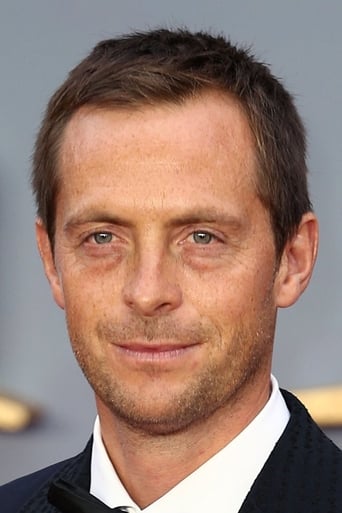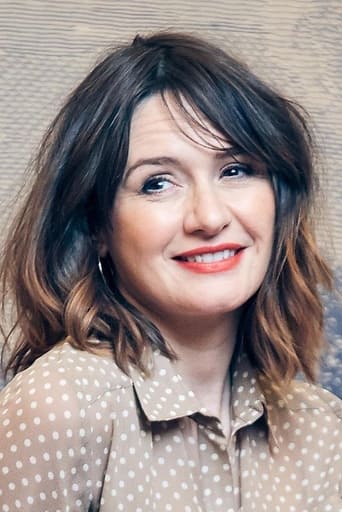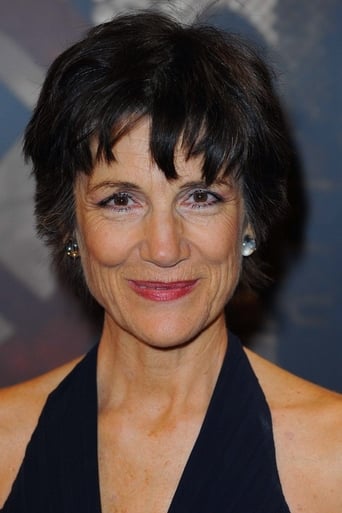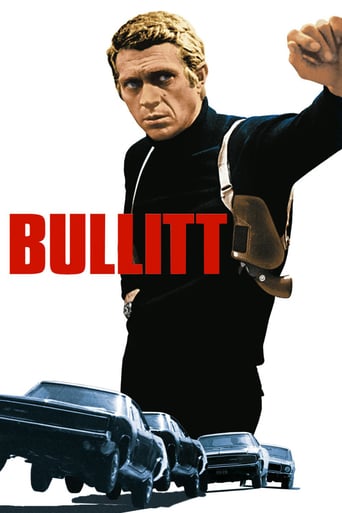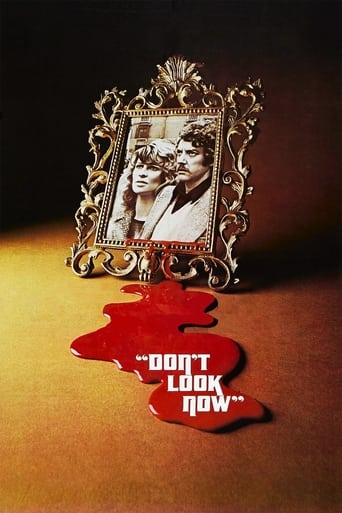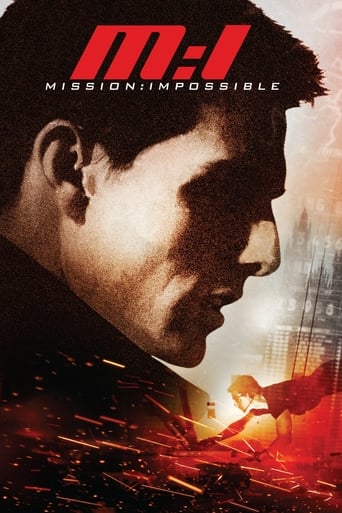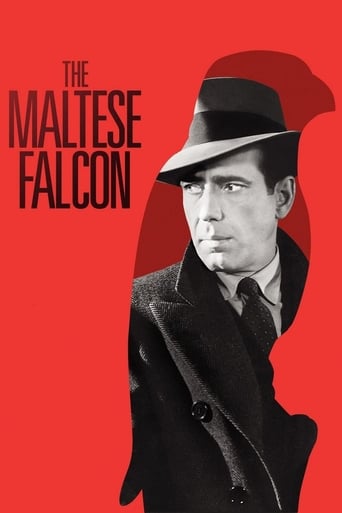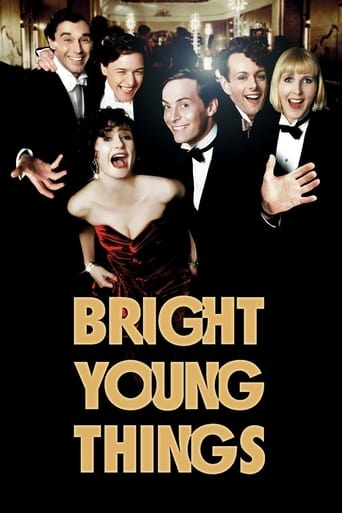
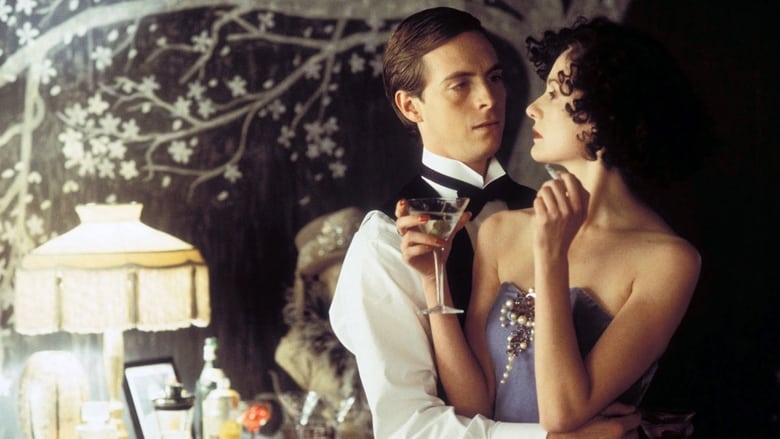
Bright Young Things (2003)
In the 1930s, a social set known to the press – who follow their every move – as the “Bright Young Things” are Adam and his friends who are eccentric, wild and entirely shocking to the older generation. Amidst the madness, Adam, who is well connected but totally broke, is desperately trying to get enough money to marry the beautiful Nina. While his attempts to raise cash are constantly thwarted, their friends seem to self-destruct, one-by-one, in an endless search for newer and faster sensations. Finally, when world events out of their control come crashing around them, they are forced to reassess their lives and what they value most.
Watch Trailer
Cast


Similar titles
Reviews
"Bright Young Things" or "Bright Young People" was the name given to a set of hedonistic, fun-loving young aristocrats and bohemians in the London of the 1920s and 1930s and who featured prominently in the gossip columns of the day. When in 1930 Evelyn Waugh wrote a novel satirising the group he initially intended to call it "Bright Young Things", but rejected this because he felt it had become too much of a journalistic cliché. His eventual choice of title, however, "Vile Bodies", was not his happiest inspiration, so it is perhaps not surprising that writer-director Stephen Fry reverted to Waugh's original choice. The novel contains some brilliant satirical writing and social commentary, but its plot is rather unsatisfactory. It is also notably uneven in tone, starting off relatively light-hearted but becoming progressively bitterer and gloomier; Waugh himself attributed this unevenness to the fact that it was while writing the novel that his marriage to his first wife (also named Evelyn) collapsed. Waugh's story ends with the outbreak of a catastrophic European war; writing three years before Hitler's rise to power, he was remarkably prophetic in this respect. Fry rewrites Waugh's story somewhat, moving the action from the late twenties/early thirties to the late thirties; there are references to both Hitler and Wallis Simpson. The Prime Minister, however, is neither Baldwin nor Chamberlain but Waugh's fictitious James Brown. (In choosing this name he also proved unintentionally prophetic; Gordon Brown's full name was James Gordon Brown). The film ends during the actual, historical Second World War, not the hypothetical war of the novel. Fry is able to deal more explicitly with matters such as drug use and homosexuality, which in the moral climate of the early thirties Waugh could only hint at. The plot is really too complex to summarise in any detail, but it revolves around the efforts of an aspiring young novelist named Adam Fenwick-Symes to find enough money to court his fiancée Nina Blount. When the manuscript of Adam's latest novel, also titled "Bright Young Things", is confiscated by Dover customs officers for allegedly being pornographic, even though they have never read it, he is forced to take a job as a gossip columnist on a newspaper, a job which brings him into frequent contact with London's smart set. Other important characters include Simon Balcairn, Adam's predecessor as "Mr Chatterbox", Ginger Littlejohn, Adam's rival for Nina's affections, and the Canadian-born newspaper proprietor Lord Monomark. (Monomark, like Lord Copper in Waugh's later novel "Scoop", is a satirical portrait of Lord Beaverbrook). The film contains a large number of cameos by distinguished members of the British acting profession, among them John Mills in his last film before his death two years later. Among the notable contributions are those from Dan Aykroyd as the overbearing Monomark, Fenella Woolgar as the madcap socialite Agatha Runcible, Michael Sheen as the screamingly camp Miles Malpractice, Peter O'Toole as Nina's mad old father Colonel Blount and Simon Callow as the exiled King of Anatolia, forever bewailing the theft of a valuable fountain-pen, something which seems to distress him far more than the loss of his kingdom. Fry keeps some of the serious incidents from the original novel; one character, for example, commits suicide and another ends up in a lunatic asylum, but he gives his film a much happier ending. This may prove controversial with purists, but in my view it was the right thing to do. Waugh's bleak ending served to underline his serious satirical purpose, but satire tends to lose its bite when directed against the mores and social institutions of several decades ago rather than against those of one's own day. "Bright Young Things" is less a social satire than a comedy-drama with a period setting, and, with some witty dialogue, amusing incidents and well-drawn characters it works very well as such. 7/10
I began to fear that this film would be a travesty of Waugh's superb novel when I saw Stephen Fry doing promotional interviews for it in which he claimed that the reason Waugh's title had been changed was because Waugh had actually wanted to call the book "Bright Young Things" but had been dissuaded by his publisher. Balderdash, of course. Obviously, some ill-read fellow in the film business had expressed the view that the title "Vile Bodies" suggested a horror film - perhaps about a depraved coroner? - rather than a sharp satirical comedy. Still, this annoyingly foolish pretence didn't quite prepare me to expect a film quite as awful as this one actually is. Fry seems to have no understanding of Waugh's novel at all, and even transposes it from the 1920s - the actual era of the "bright young things" - to the 1930s, when the absurdities of the rich, in an era of worldwide economic depression, were considerably less tolerated. The entirely fictitious and unspecified war which breaks out at the end of the book becomes World War II - even though Waugh's novel predates that conflict by nine years! Could it be that Fry didn't actually know this? The relentless cheapening of Waugh's fine satire is made worse by the employment of a large number of the best actors in Britain (not to mention Dan Aykroyd and Stockard Channing from America), most of whom are wasted - none more so than John Mills, in his last movie - and many of whom are encouraged by tyro director Fry to over-act irritatingly. Only Fenella Woolgar and David Tennant seem to have actually read the novel, or anything else by Waugh. The novel is, after more than eighty years, still as sharp as a razor; this film seems as shallow, empty and stupid as its characters.
Bright Young Things concerns a group of bored rich twenty somethings, drinking, whoring and snorting drugs in the 1930s. Great idea, sadly with characters such as these I couldn't care less if the film started then all the characters line up and have a piano dropped on their heads. Credits. Rich, idle, bored. Sad tale eh, poor things. Sadly I was waiting for Mr Fry (himself a depressive rich bloke went to Cambridge etc) to show us how empty and soulless these imbeciles were. And I waited. One really obnoxious woman went potty and ended up in an asylum. Peter O'Toole appeared and wrote a cheque in the name of Charlie Chaplin, John Mills did some coke. Then the camp guy got caught with a bloke, then the writer won loads of money and give it to a drunk to put on a horse and spent the rest of the film trying to get it back and then...I went to the toilet so I must have missed the lesson to be learn-ed in all this. That the young born rich are indeed mindless idiots who have no aim or desire in life as they have had it all on a silver platter from the start. Still the war came. Then it all ended. It looked good though. I was a bit drunk at the time.
The film Bright Young Things, adapted from Evelyne Waugh's acclaimed fable; Vile Bodies is manic in its pace. As such it is reminiscent of His Girl Friday (1940) with its legendary speed of comedy delivery. The difference with His Girl Friday the speed of the comedy delivery is applied to loquaciousness with a bit of slap stick. Director Stephen Fry of Bright Young Things on the other hand utilises speed to articulate the decadence of the period. As such he is affective in his endeavour of making his point of a decadent aristocracy.The depressing aspect of the film is that the aristocracy are portrayed as decadent party animals, unlike the poor who in their pursuit of escaping their worries are (in today's post modern Britain) often labelled as 'feckless' by the tabloid press. But as the impoverished poor struggled to feed themselves across Europe during the inter-war period, the aristocracy idly carried on without social conscience or obligation to responsibility. Such decadence at the expense of the poor contributed towards the rise of extreme politics in Europe during the 1920s.Contributing to the masses' public perception of the idle rich decadence of the inter-war period was the tabloid press. The press baron in the film is shown as suppressing the realities of the issues affecting the ordinary people of Britain for profit, and thereby concealing truth.While Fry adeptly captures the decadence of the 20s in Bright Young Things, Peter O'Toole steels the film with his outstanding satirising of the stereotypical English eccentric. As the eccentric of the upper classes O'Toole's character Colnol Blout is the epitome of English two faced diplomacy of the ruling classes. The example being when he writes a cheque out for £1000 to help his prospective son-in-law to marry his daughter, when he signs it in the name of Charlie Chaplin. A typical English snub no less!Excellent film, well acted and brilliantly directed.


